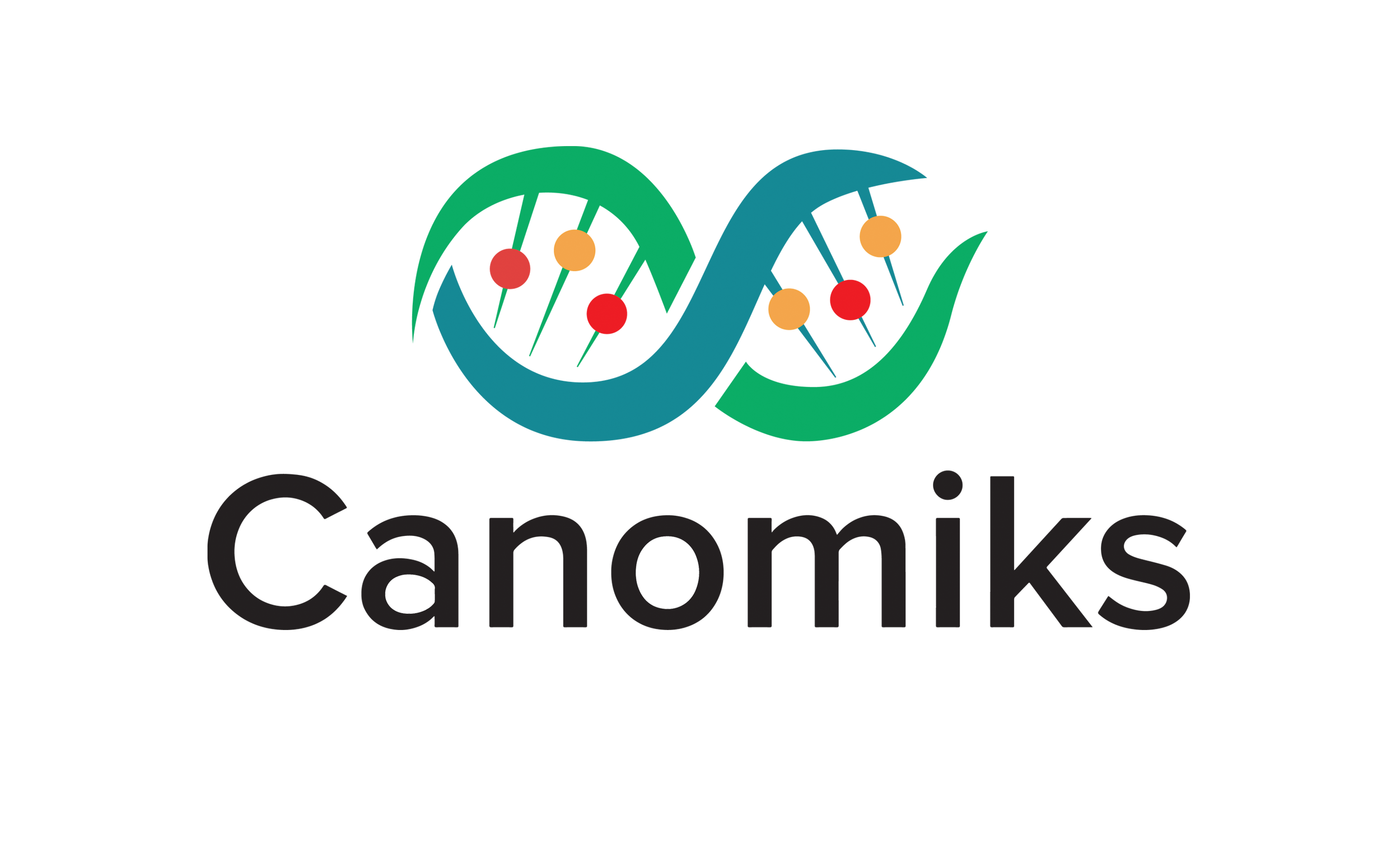Women in Science: Nutraceutical leaders share insights
By Leena Pradhan-Nabzdyk, PhD, MBA
We celebrate one of my favorite days this weekend, International Day of Women and Girls in Science. The United Nations General Assembly adopted this day of observance in 2015 to promote the full and equal access and participation of women in Science, Technology, Engineering, and Mathematics (STEM) fields.
Historically, women in science have experienced more career challenges than men, such as receiving lower wages, obtaining fewer research grants, and being overlooked for promotions. Moreover, in today’s cutting edge fields, such as artificial intelligence, only one in five professionals (22%) is a woman. When I was a young scientist, I experienced or witnessed most of these challenges. However, we women are strong, perseverant, go-getters, and history has taught us that in spite of these challenges, women have made huge accomplishments, innovations, discoveries and advancements in all fields of science, engineering and technology.
As a Professor and a teacher, it has always been my goal to support girls aspiring to study science and pursue a career in science, as well as mentor young scientists including my colleagues and peers working in science. I’m honored to serve as co-chair of the Women In Nutraceuticals science committee. Organizations like WIN are paving the way for women working in science, and especially the nutraceutical industry.
Having women scientists working in the nutraceutical industry is vital for the industry from many different perspectives. In recent years, there has been an increase in dietary supplements, nutricosmetics and natural products developed and sold to target women’s health concerns such as menopause, prenatal and postnatal care, cardiovascular, and bone health. Studies show that women make more buying decisions for their household, including healthcare decisions. Plus, more women today are dealing with pre and postmenopausal symptoms while taking care of children and aging parents at the same time. A woman scientist is a perfect stakeholder for the nutraceutical industry from the perspective of a consumer as well as a product developer.
I asked a few eminent women scientists working in the nutraceutical industry for their insights in honor of this special day.
What’s been the biggest change you’ve seen in science during your career?
The power of Connection has been the single biggest change I’ve seen. Connection to instrument, people and information: Science has advanced chromatography in stunning ways. Liquid Chromatography (LC) is now expected to be connected to Mass Spectrometry (MS) and Nuclear Magnetic Resonance (NMR). Chemometrics, which is inherently interdisciplinary, has radically changed how we look at data. We can connect to researchers, publications, and libraries via the Internet from some of the most remote places on this planet. This ability has impacted the speed of discovery and progress of science.
Cris Amarillas, PhD, Herbalist
Chief Science Officer, Botanicals
Eurofins
What’s your best advice for young girls pursuing a career in science?
In nature, Women are creators and problem solvers, and fostering their skills and talents is crucial to promote their innovation. But often, Women scientists remain invisible, and their achievements have been forgotten, sidelined, unrecognized, or ignored. Hundreds and if not thousands of their innovations fell into this “Matilda effect.” To navigate and overcome these challenges, advocate for yourself to receive ownership credit of your work/ideas, get appropriate recognition in publications, grants, patents, and awards, feel pride, and promote visibility by sharing your contributions and achievements, build a strong support network, seek leadership opportunities, engage with mentors who can provide guidance, educate, and empower other women scientists.
Dr. Premalatha Balachandran, Ph. D. MBA
Principal Scientist and Instructor
University of Mississippi
Why do you think having women in science is important to the nutraceutical industry?
The importance of supporting women scientists as leaders in our industry cannot be understated, women represent about half of humanity yet have historically been ignored or underrepresented as clinical trial participants and researchers. Women have unique and diverse perspectives and health needs that are directly relevant to the formulation, development, and use of products related to health and well-being. Also women are leading purchasers and users of nutraceuticals, according to the CDC about 64% of women take dietary supplements, as opposed to ~51% of men.
Holly E. Johnson, Ph.D.
Chief Science Officer
American Herbal Products Association (AHPA)
Why do you think having women in science is important to the nutraceutical industry?
For me, having women in science is important to the nutraceutical industry because we bring creativity, a unique way to solve problems and perseverance, and we inspire and influence others to become better persons and professionals throughout our journey.
Maria Monagas, Ph.D., MS
Scientific Liaison- Dietary Supplements and Herbal Medicines
US Pharmacopeia

